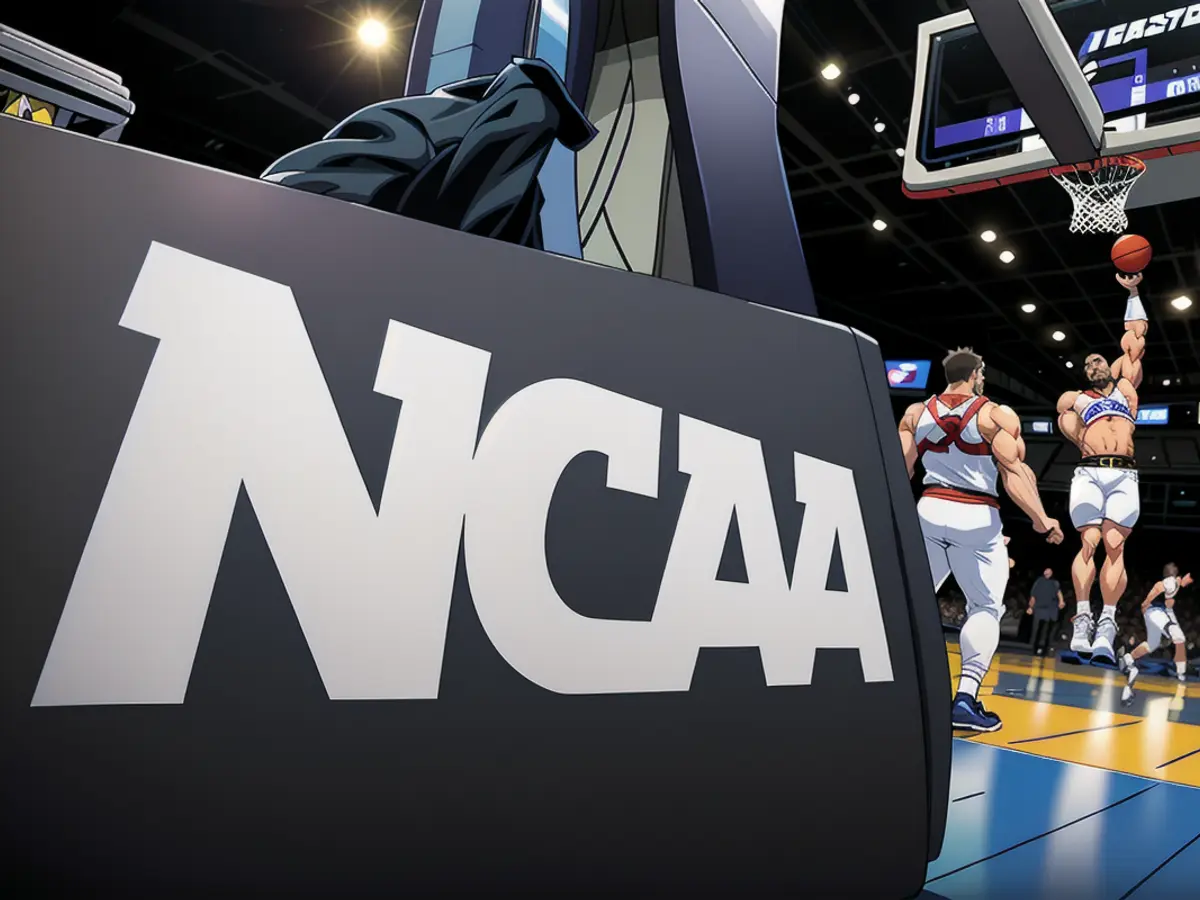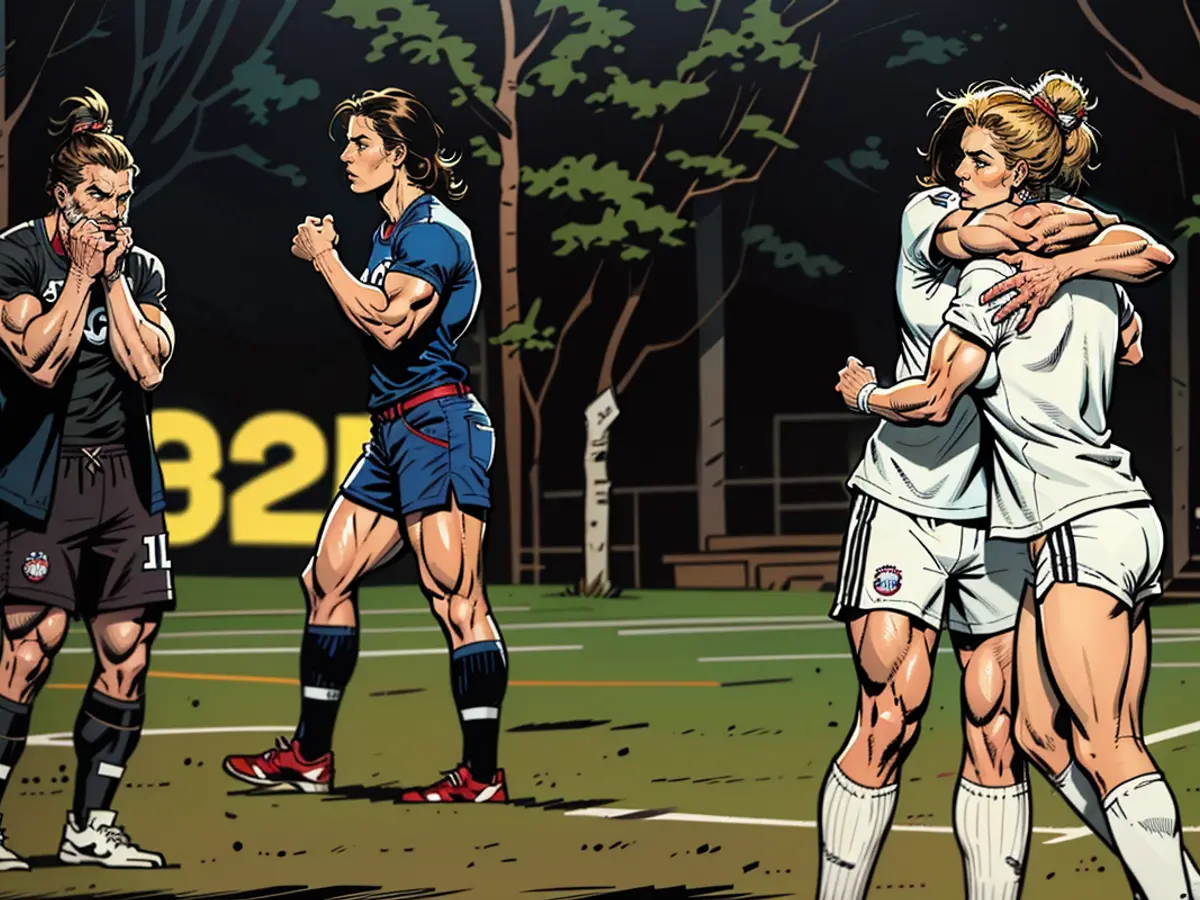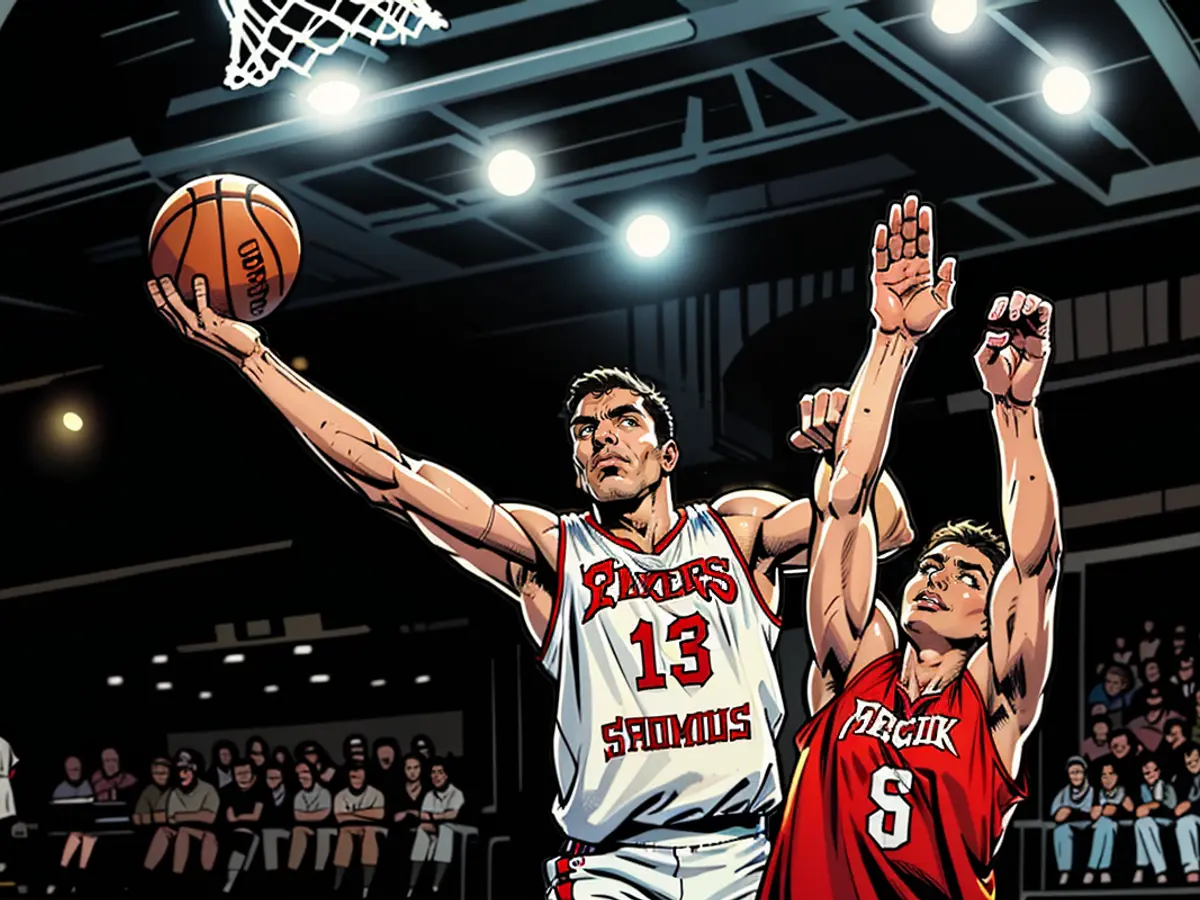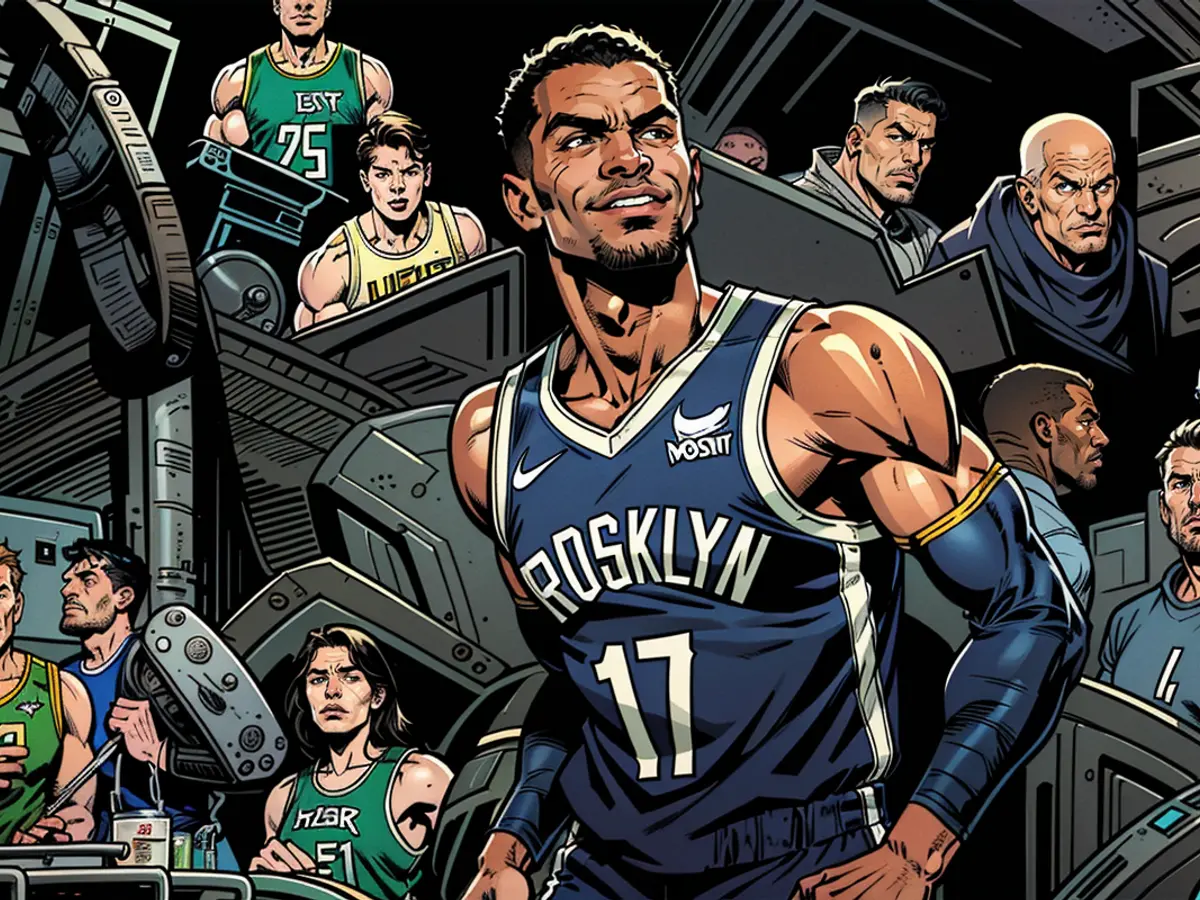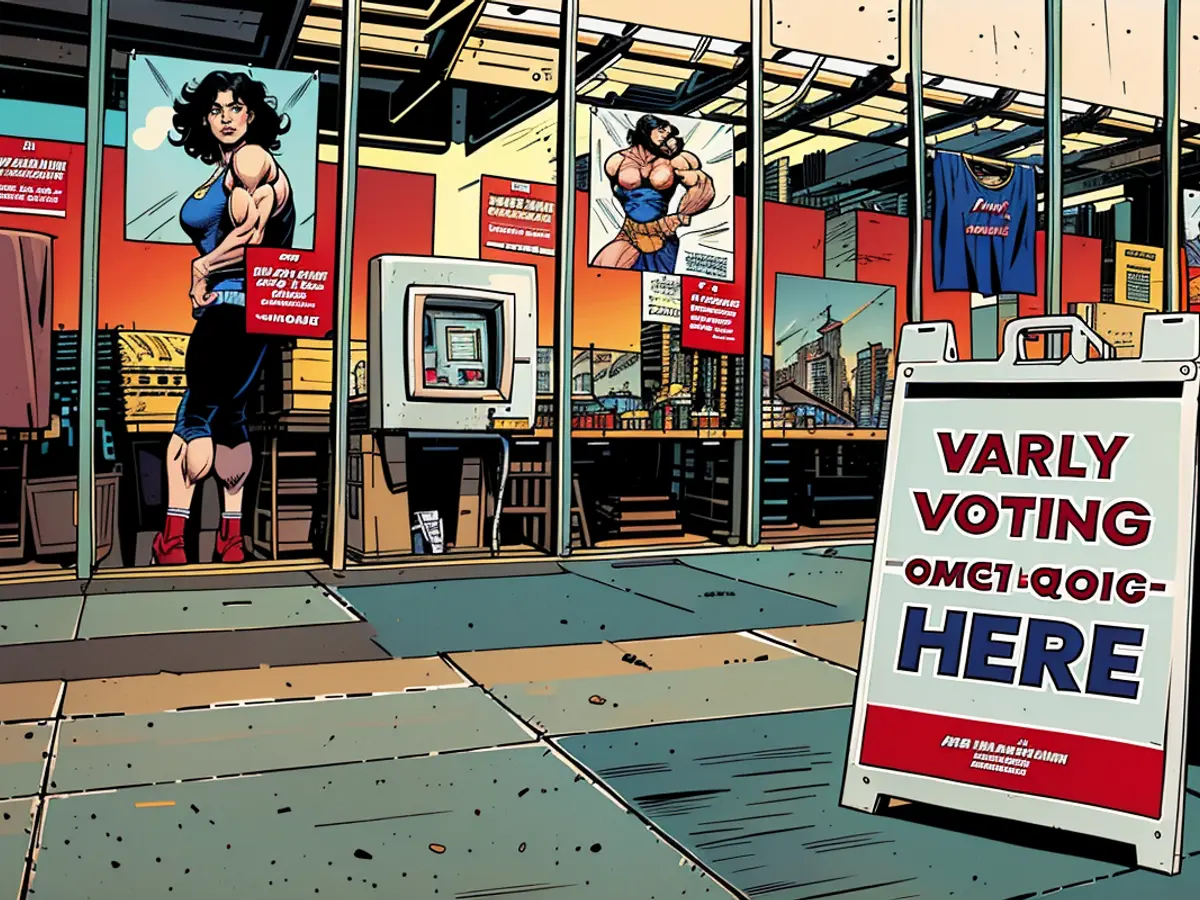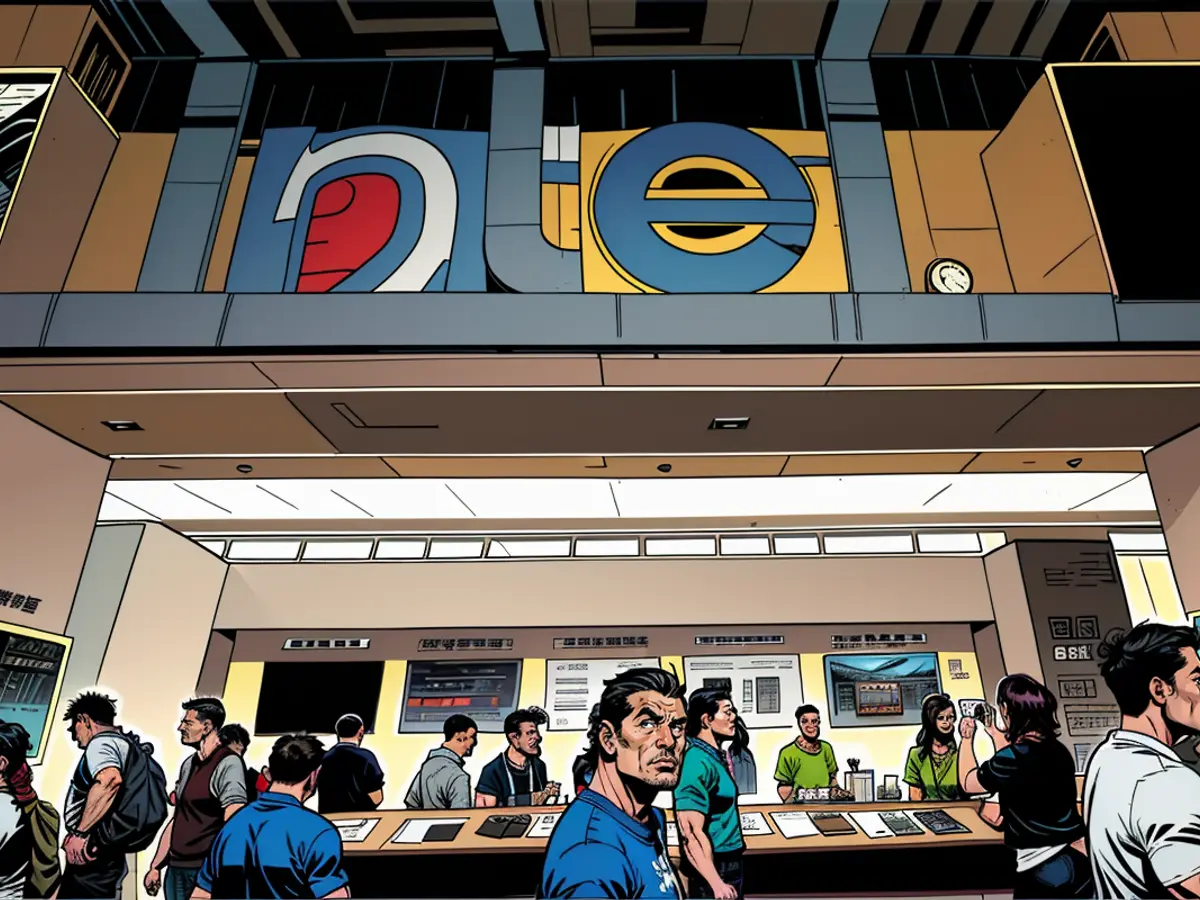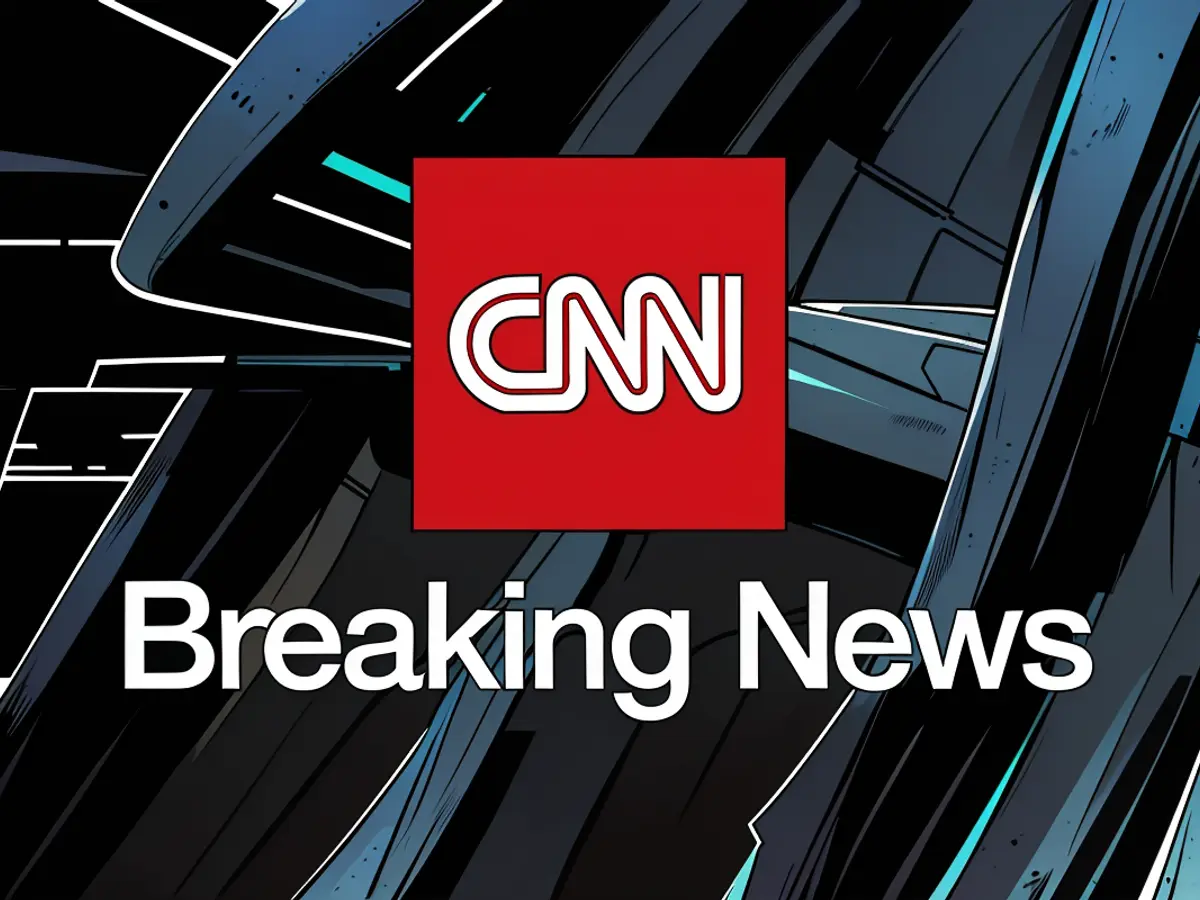College sports might undergo a significant transformation. Here's what you should be aware of.
The legal dispute "House v. the National Collegiate Athletics Association (NCAA)" involves a class action lawsuit that aims at altering how college athletes receive monetary benefits from endorsements known as name, image, and likeness (NIL) deals and a portion of broadcasting revenue.
If the NCAA loses the case, they may have to pay up to $20 billion. A settlement could entail $2.7 billion in reimbursements for improperly withheld payments, as well as an overhaul of the current system for compensating student athletes.
The NCAA and the conferences plan to meet soon to negotiate the terms of a potential settlement.
Lawsuit Background
Grant House and Sedona Prince, two college athletes, filed the lawsuit against the NCAA and the Power 5 conferences (Pac-12, Big Ten, Big 12, Southeastern, and Atlantic Coast) in the U.S. District Court Northern District of California Oakland Division in 2020.
The case targeted the eight-year, $8.8 billion broadcast extension the NCAA signed for covering the March Madness basketball tournament, along with reparations for earlier withheld earnings.
College sports is a significant industry with substantial monetary transactions.
During the previous academic year, football and basketball in Division I schools generated revenue of $7.9 billion, while overall Division I athletics produced $17.5 billion in revenue, according to NCAA data.
NIL deals emerged from an NCAA policy shift in 2021 that permitted student-athletes to earn income from sponsorship opportunities. This change came after California spearheaded a trend in 2019 by implementing a law enabling athletes to secure endorsement money, improving the landscape of college sports.
However, college athletes in the House lawsuit contend that current NIL regulations and a "anticompetitive" college system impede their ability to generate income.
The lawsuit alleges that the current system "undermines schools' efforts to compete freely for the best college recruits." Institutions risk punishment if they violate these rules.
Iowa basketball star Caitlin Clark and USC football player Caleb Williams are among the student-athletes that have appeared in commercials for major national companies like State Farm and Wendy's. Still, the class-action suit asserts the wider impact is "obvious."
"Many college athletes have created substantial value in their NILs and, absent the challenged restrictions, would receive compensation for their use in an open market," the lawsuit states.
The suit also argues that the NCAA limits the amount student athletes can earn from outside employment.
For instance, the lawsuit cites an NCAA bylaw that forbids athletes from receiving "any remuneration for value or utility that the student-athlete may have for the (outside) employer because of the publicity, reputation, fame, or personal following that he or she has obtained because of athletics ability."
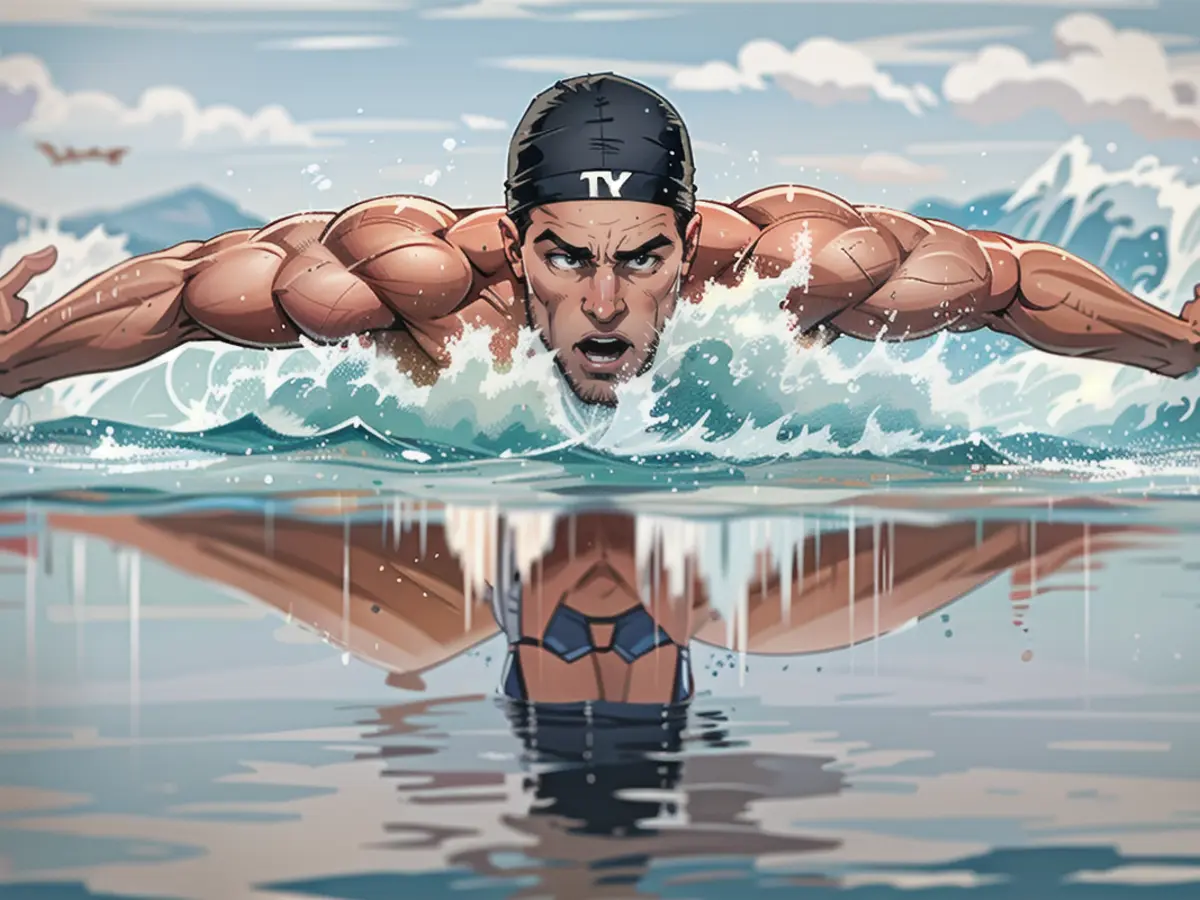
"The harm is particularly intense for those who will not go on to enjoy professional careers. And while this fact is often cited by the NCAA as justification for not compensating them, it underscores the fact that for most student-athletes, college is the time when their NIL is most valuable."
In 2021, the Supreme Court ruled that NCAA rules restricting payment to student-athletes infringed on antitrust laws.
However, the leaders of the major college conferences claimed in 2022 that the Supreme Court's decision had caused a complicated series of state laws that damaged collegiate sports and could potentially lead to the collapse of sports programs across the United States.
The emergence of college transfer rights has given athletes more independence to switch teams regularly.
The transfer portal now allows students to relocate without having to miss a year of eligibility, but this freedom is causing issues for academics in college, as commissioners said that college boosters have utilized the complex legal landscape to lure top athletes with lucrative deals.
CNN contacted the NCAA and the five conferences listed as defendants for comment, but received no response.
The National Association of Collegiate Directors of Athletics also declined to comment.
Potential Settlement
Based on documents obtained by Yahoo Sports, losing the trial would make the defendants liable for $20 billion in payments. This outcome might force the NCAA to file for bankruptcy.
Defeat at trial would also release athletes from NIL rules, according to Jeffrey Kessler, an attorney representing the plaintiffs.
"So essentially, if we win, there would be a complete free market in NIL, including from broadcast payments," Kessler explained to The Athletic.
Upon being contacted by CNN, Kessler declined to comment, stating, "Negotiations are ongoing."
According to reports, any settlement for compensation for college athletes is expected to be around $2.7 billion in NIL damages. This would also include a system where about $20 million annually could be distributed directly from a power-conference school to its athletes. ESPN states that the NCAA will handle the payment of damages, with the conferences implementing a revenue-sharing plan from now on. On Tuesday, the ACC and Big 12 both voted to approve this settlement. This proposed settlement emerges as attitudes toward paying college athletes are evolving. Recently, a group of players from Dartmouth College's men's basketball team made history by becoming the first college athletes to vote to form a union, marking a significant shift in the college sports business landscape.
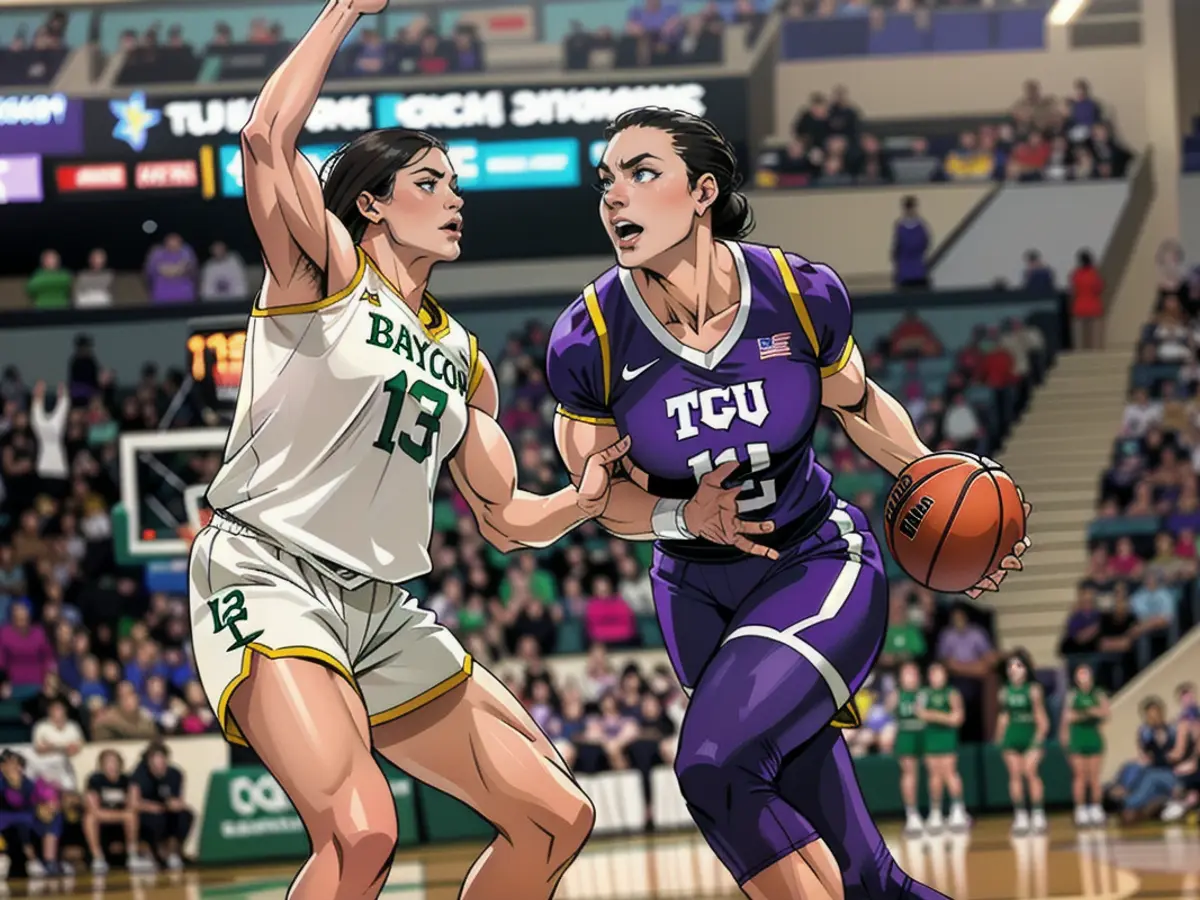
Read also:
- Prodigies of sport: Littler's predecessors
- Nagelsmann's announcement: A restless Christmas for national team players
- What sports fans prefer to watch on television
- The calm before the upheaval: Nagelsmann's European Championship plans
If the lawsuit against the NCAA and Power 5 conferences succeeds, it could lead to a significant overhaul of the current system for compensating college athletes, potentially providing them with a portion of broadcasting revenue and enabling them to secure endorsement deals.
Following the ruling in favor of Grant House and Sedona Prince's class-action lawsuit, the NCAA may face liabilities up to $20 billion, which could potentially force them to file for bankruptcy.
Source: edition.cnn.com
